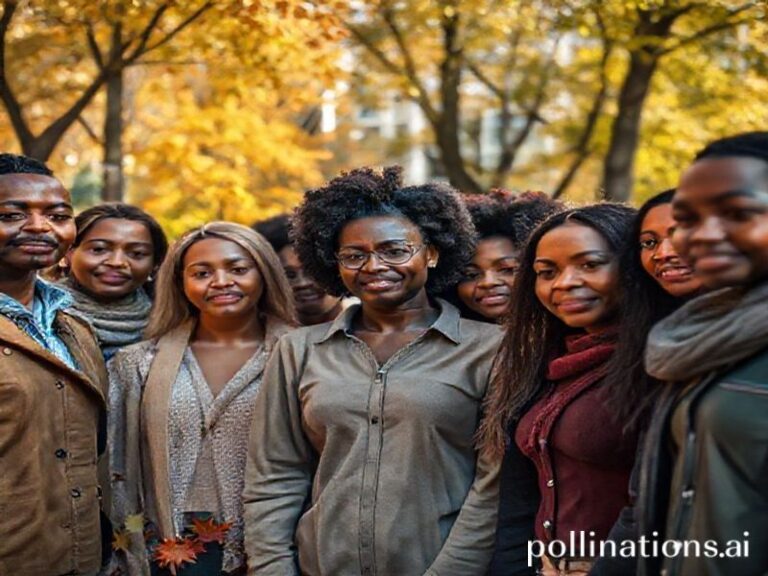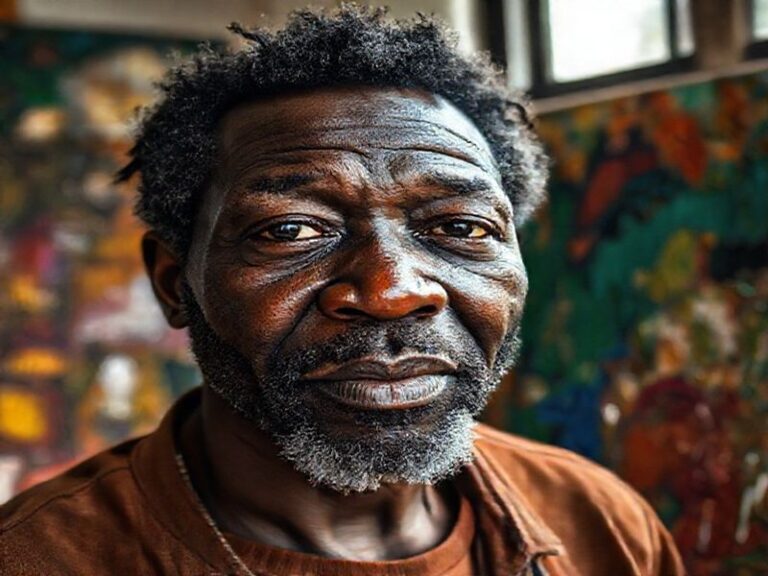Global Ceasefire: How Taylor Swift’s Concert Film Briefly United a Dying Planet
Taylor Swift Cinema: The Last Global Pact Before We All Implode
By Our Correspondent in the Smoldering Ruins of the Multiplex
PARIS—Somewhere between the 19th arrondissement and the afterlife, a 34-year-old pop deity has done what the UN, Davos, and COP28 could not: convene 150 sovereign nations to sit still for two hours without a single drone strike. Call it the Swift Accord: a non-binding treaty in which humanity agrees to shut up, buy popcorn, and watch a billionaire work out on a treadmill.
From Lagos to Lima, Seoul to Saskatoon, AMC theatres slapped their corporate logos onto hastily printed “Eras Tour” tickets and declared themselves temporary embassies of the Swiftian Empire. Governments, ever alert to the next revenue stream, issued advisories: Singapore waived GST on souvenir bracelets; Chile dispatched carabineros for crowd-control practice; even the Kremlin—fresh from weaponising everything else—let the film slip through the cracks of its cultural ban list, presumably because even war criminals need a glitter break.
The economic implications are almost insultingly simple. Entire supply chains pivoted faster than you can say “capitalist Stockholm syndrome.” Colombian popcorn farmers doubled acreage; Taiwanese LED manufacturers clocked overtime to ensure every sequin refracts correctly; French perfume houses rushed to bottle the scent of teen yearning mixed with stadium sweat. If you listened closely, you could hear the ghost of Milton Friedman whisper, “I told you markets were efficient, but I never said they had taste.”
Culturally, the spectacle is both uplifting and existentially damning. In Jakarta, hijab-clad Swifties trade friendship bracelets with Dutch backpackers, a moment Instagram captions brand as “solidarity” while ignoring the $42 T-shirt price tag stitched by an unseen Bangladeshi teenager. Meanwhile, in a refugee camp outside Amman, a 12-year-old Syrian girl watches a fuzzy phone recording of the concert and tells Al Jazeera she wants to be “a singer who brings the world together.” The reporter nods, carefully cropping the bombed-out school in the background. Unity, after all, looks best in soft focus.
Critics—those endangered owls hooting from the ruins of print journalism—have tried to frame the film as late-stage capitalist kitsch. They are, of course, correct, which is why nobody cares. When the climate doomsday clock is 90 seconds to midnight, people will gladly pay to watch a cat-eyed capitalist gambol through pastel sets instead of staring at the real apocalypse slowly buffering on their phone screens. Denial is the last truly global currency, pegged to the dollar, the yuan, and the tear-stained friendship bracelet.
The darker joke is that Taylor Swift hasn’t conquered the world so much as exposed its vacuum. No ideology, religion, or political party currently offers a coherent story about tomorrow that doesn’t end in fire or fascism. Into that void steps a Pennsylvania blonde with a guitar and a marketing budget the size of Iceland’s GDP, promising a narrative arc where the girl gets the guy, the tour grosses a billion, and nobody mentions carbon offsets. It’s not escapism; it’s assisted suicide with a catchy hook.
And yet, the communal sobbing in those darkened theatres is real, which is more than one can say for most international summits. For 120 minutes, subtitles translate heartbreak into 47 languages and subtitles of subtitles translate the subtitles. Somewhere, a North Korean diplomat leaks a diplomatic cable: “Crowd synchronization superior to our mass games. Recommend study.” Down the hall, a Bolivian trade minister scribbles “friendship bracelets = micro-loans?” on a cocktail napkin. The world is still ending, but at least it has a soundtrack now.
Conclusion: The film will leave multiplexes, the LED lights will dim, and the friendship bracelets will biodegrade—unlike the plastic promises of every other global initiative. Still, for one autumn cycle, the planet chose a common chorus line over a firing squad. That may not qualify as progress in any serious moral ledger, but it’s the closest thing we’ve had to world peace since the iPhone launch. And if you listen very carefully, you can almost hear the collective sigh of 8 billion people admitting that synchronized escapism beats synchronized extinction. Encore, humanity. Encore—while the exits still work.







